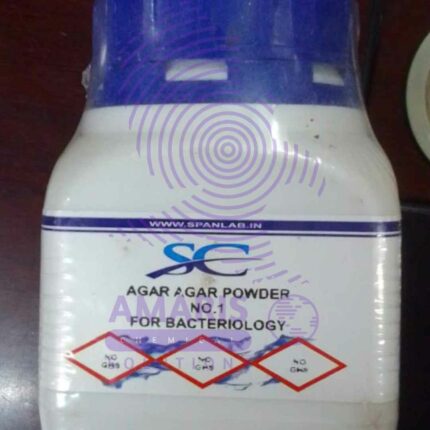
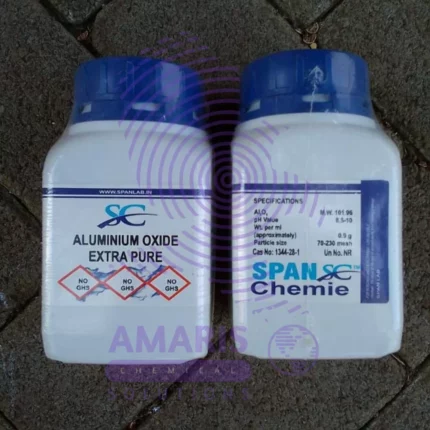
Anhydrous Aluminum Chloride
$1,183.00 Original price was: $1,183.00.$950.00Current price is: $950.00.
Anhydrous aluminum chloride, often represented as AlCl3, is a chemical compound composed of aluminum and chlorine. “Anhydrous” means it lacks water molecules in its structure. It’s a white or pale yellow solid that is highly hygroscopic, meaning it readily absorbs moisture from the air. This property makes handling it a bit tricky since it can form a solution with water vapor in the air, turning into a fuming liquid.
Uses of Anhydrous Aluminum Chloride
Lewis Acid Catalyst:
It serves as a catalyst in various chemical reactions, particularly Friedel-Crafts reactions. For example, in the acylation and alkylation of aromatic compounds, AlCl3 acts as a Lewis acid catalyst, facilitating the reaction by accepting electron pairs from other reactants.
Dehydration Agent:
Due to its ability to react with water, anhydrous aluminum chloride is used as a dehydrating agent in organic synthesis. It can remove water molecules from certain compounds, aiding in the formation of anhydrous products.
Halogenation Reactions:
AlCl3 is employed in halogenation reactions, where it facilitates the addition of halogens such as chlorine or bromine to organic compounds. This can be useful in the synthesis of various organic compounds.
Electrolyte in Batteries:
Anhydrous aluminum chloride can also be used as an electrolyte in batteries, particularly in certain types of rechargeable batteries.
Polymerization:
It plays a role in certain polymerization reactions, particularly in the production of certain types of polymers, including polypropylene.
Dye Manufacturing:
In the dye industry, anhydrous aluminum chloride is utilized in the synthesis of certain types of dyes.
Pharmaceutical Synthesis:
It finds applications in pharmaceutical synthesis, particularly in the production of certain drug intermediates.
Related products
Agar Agar Powder
Aluminum Ammonium Sulphate
Aluminum Carbonate 250g
Aluminum Hydroxide 250gm
Aluminum Sulphate 500gm
Ammonia Acetate
Properties
- Chemical Formula: NH4C2H3O2
- Molecular Weight: 77.08 g/mol
- Appearance: White, crystalline solid
- Solubility: Highly soluble in water
- Melting Point: Decomposes upon heating


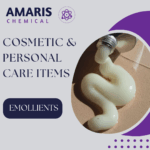 Emollients
Emollients Humectants
Humectants UV Filters
UV Filters Surfactants (cosmetic)
Surfactants (cosmetic) Preservatives (cosmetic)
Preservatives (cosmetic) Fragrances and Essential Oils
Fragrances and Essential Oils Antioxidants (cosmetics)
Antioxidants (cosmetics)
 Solvents (lab)
Solvents (lab) Chromatography Chemicals
Chromatography Chemicals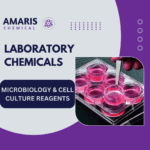 Microbiology and Cell Culture Reagents
Microbiology and Cell Culture Reagents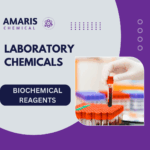 Biochemical Reagents
Biochemical Reagents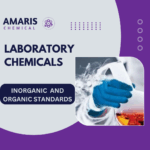 Inorganic and Organic Standards
Inorganic and Organic Standards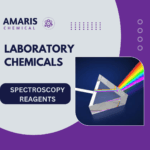 Spectroscopy Reagents
Spectroscopy Reagents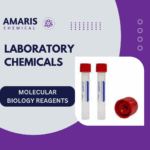 Molecular Biology Reagents
Molecular Biology Reagents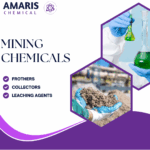
 Precious Metal Extraction Agents
Precious Metal Extraction Agents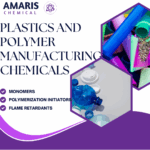
 Plasticizers
Plasticizers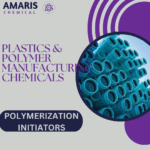 Polymerization Initiators
Polymerization Initiators Stabilizers
Stabilizers Monomers
Monomers Fillers and Reinforcements
Fillers and Reinforcements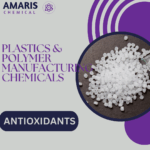 Antioxidants (plastics)
Antioxidants (plastics)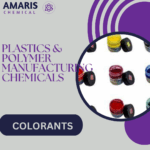 Colorants (plastic pigments,Dyes)
Colorants (plastic pigments,Dyes)
 Fertilizers
Fertilizers Plant Growth Regulators
Plant Growth Regulators Soil Conditioners
Soil Conditioners Animal Feed Additives
Animal Feed Additives Biostimulants
Biostimulants
 Dough Conditioners
Dough Conditioners Flour Treatments
Flour Treatments Fat Replacers
Fat Replacers Preservatives (baking)
Preservatives (baking)
 Surfactants (cleaning)
Surfactants (cleaning) Builders
Builders Bleaching Agents
Bleaching Agents Enzymes
Enzymes Solvents (cleaning)
Solvents (cleaning) Fragrances
Fragrances Disinfectant
Disinfectant Metal cleaning
Metal cleaning
 Binders/Resins
Binders/Resins Pigments
Pigments Solvents (paint)
Solvents (paint) Additives
Additives Driers
Driers Anti-Corrosion Agents
Anti-Corrosion Agents Specialty Coatings
Specialty Coatings Functional Coatings
Functional Coatings Application-Specific Coatings
Application-Specific Coatings
 Sealants and Adhesives
Sealants and Adhesives
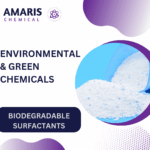 Biodegradable Surfactants
Biodegradable Surfactants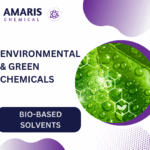 Bio-based Solvents
Bio-based Solvents Renewable Polymers
Renewable Polymers Carbon Capture Chemicals
Carbon Capture Chemicals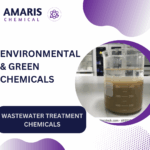 Wastewater Treatment Chemicals
Wastewater Treatment Chemicals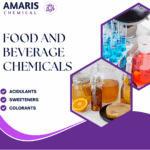
 Preservatives (food)
Preservatives (food) Flavor Enhancers
Flavor Enhancers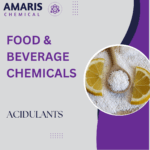 Acidulants
Acidulants Sweeteners
Sweeteners Emulsifiers
Emulsifiers Antioxidants (food)
Antioxidants (food) Colorants (food)
Colorants (food) Nutrient Supplements
Nutrient Supplements Nutraceutical Ingredients
Nutraceutical Ingredients
 Fresh Herbs
Fresh Herbs Whole Spices
Whole Spices Ground Spices
Ground Spices Spice Blends
Spice Blends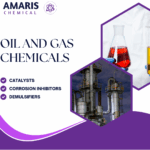
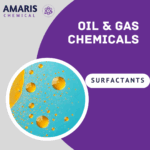 Surfactants(oil)
Surfactants(oil)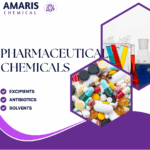
 Antibiotics
Antibiotics Active Pharmaceutical Ingredients
Active Pharmaceutical Ingredients Excipients
Excipients Vaccine Adjuvants
Vaccine Adjuvants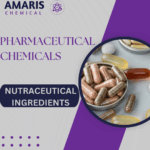 Nutraceutical Ingredients
Nutraceutical Ingredients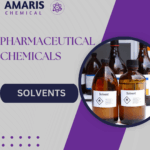 Solvents (pharmaceutical)
Solvents (pharmaceutical)
 Automotive chemicals
Automotive chemicals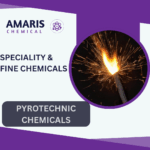 Pyrotechnic Chemicals
Pyrotechnic Chemicals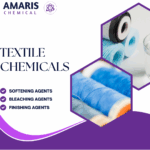
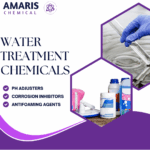

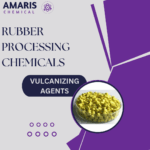 Vulcanizing Agents
Vulcanizing Agents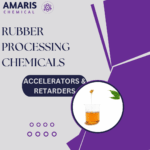 Accelerators & Retarders
Accelerators & Retarders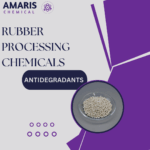 Antidegradants
Antidegradants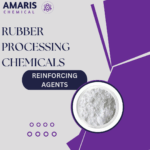 Reinforcing Agents
Reinforcing Agents Plasticizers & Softeners
Plasticizers & Softeners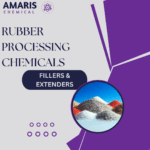 Fillers & Extenders
Fillers & Extenders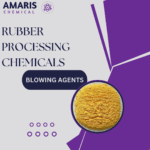 Blowing Agents
Blowing Agents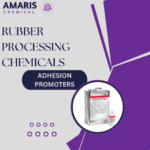 Adhesion Promoters
Adhesion Promoters
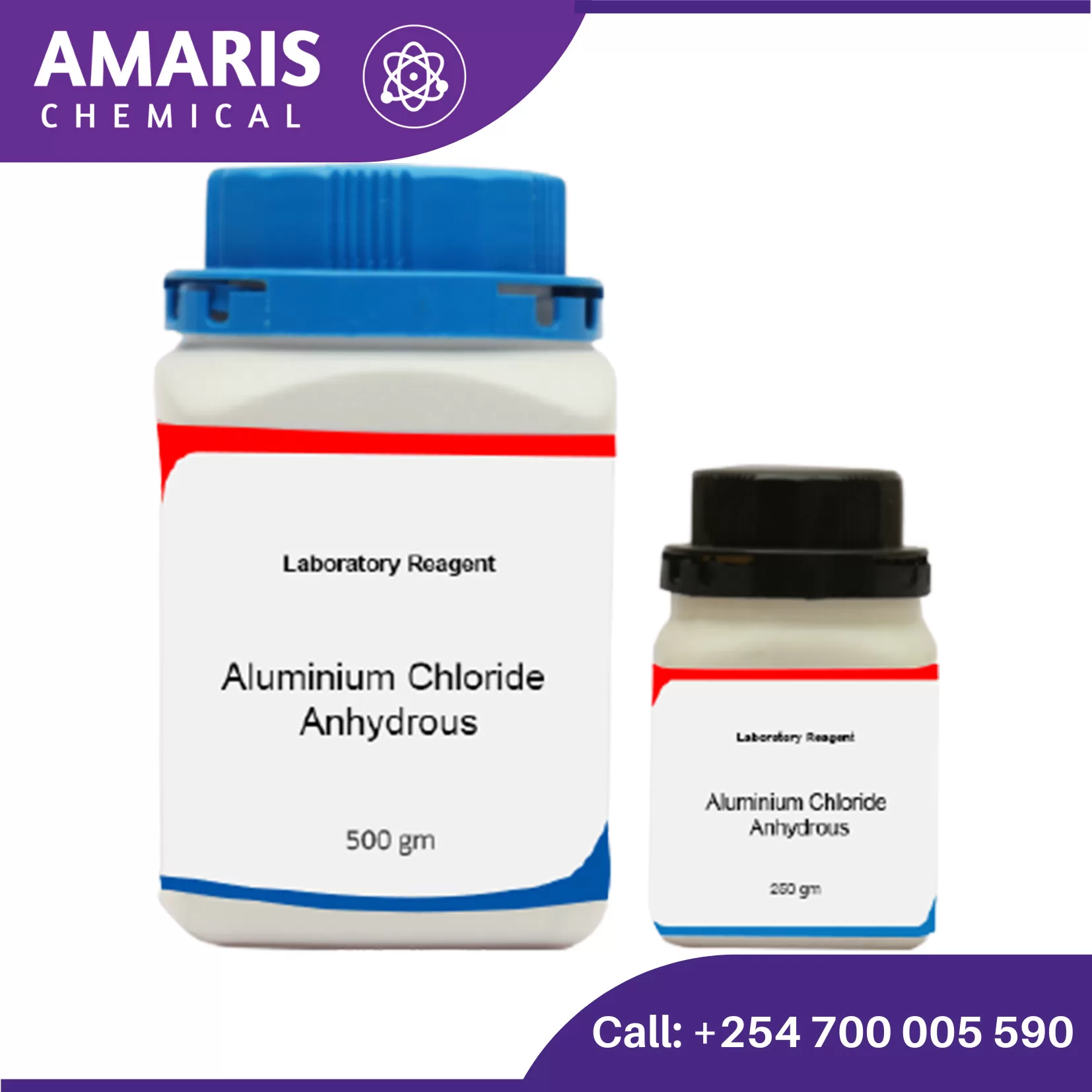
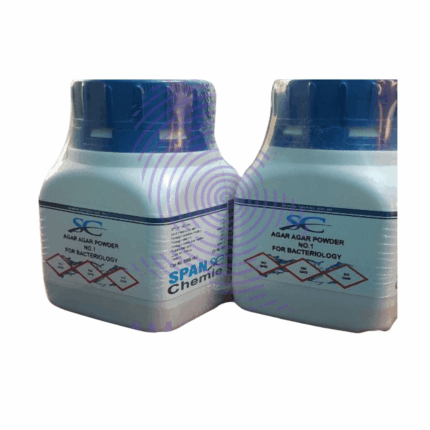
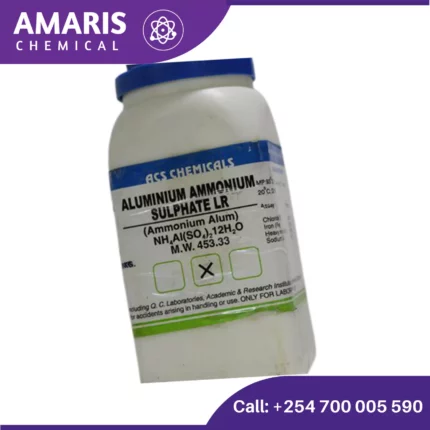
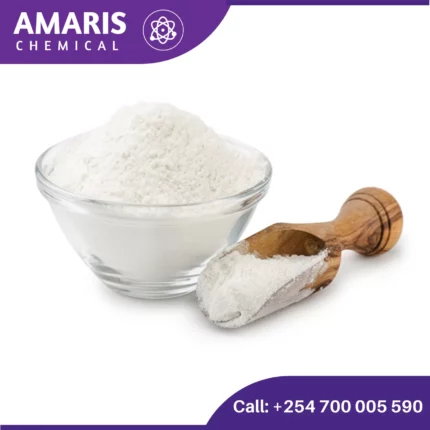
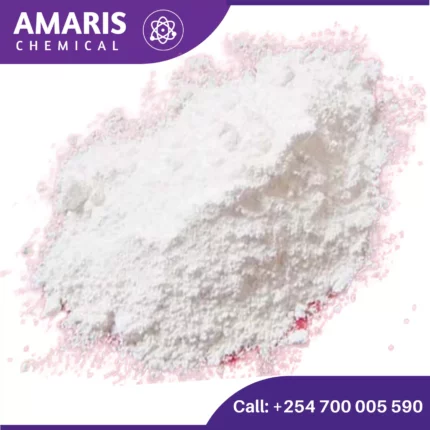
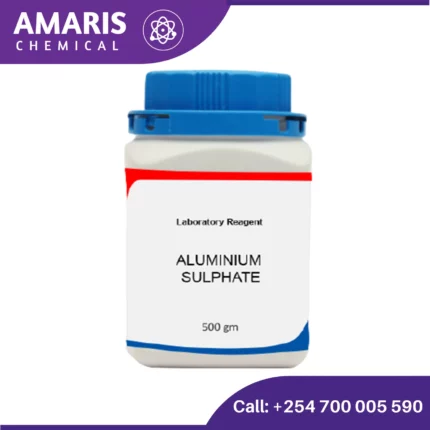
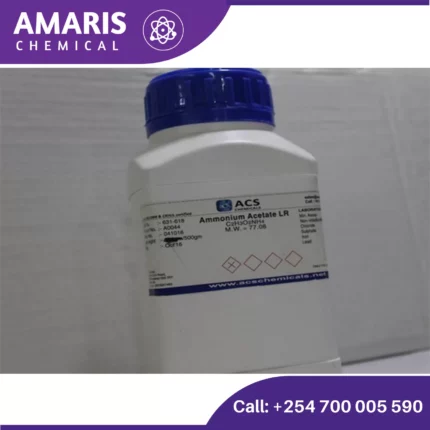
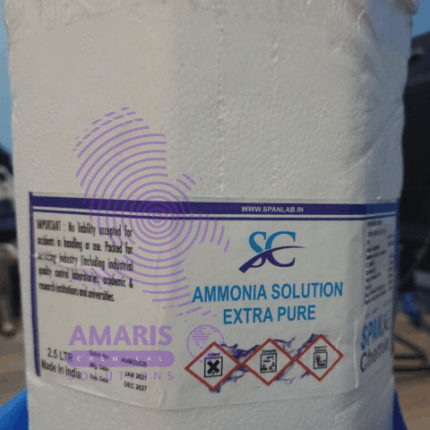
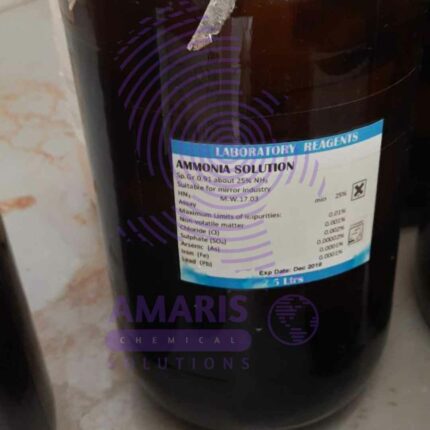














Reviews
There are no reviews yet.